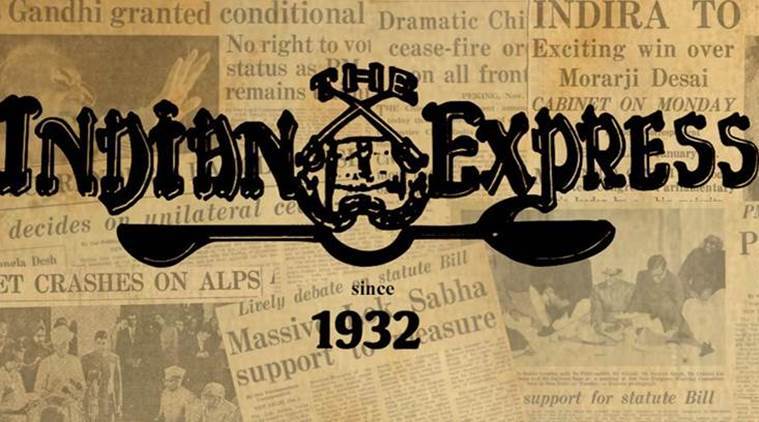 The message that goes out from the verdict is of a judicial-political imbalance in Pakistan as dangerous as its military-civilian one.
The message that goes out from the verdict is of a judicial-political imbalance in Pakistan as dangerous as its military-civilian one.
Pakistan Supreme Court’s ruling disqualifying Nawaz Sharif from contesting for any elected office for life smacks of judicial overreach and is a blow against that country’s democracy. It was hoped that after its trial by fire in 2007 as it faced down a military ruler, Pakistan’s higher judiciary knew better. Indeed, it was the former Chief Justice, Ifthikar Chaudhary, who was the star of the 2007 Judiciary vs Musharraf battle, who first laid down that a disqualification under the controversial Article 62 (1) (f) was for life. The present judgment was delivered on petitions seeking the court’s opinion on this question again, and was confirmed by a larger bench. Sharif was disqualified last year under this article, which holds that no person shall hold office unless s/he is “sagacious, righteous, non-profligate, honest and ameen, there being no declaration to the contrary by a court of law”. The subsection — none would meet its exacting demands — was inserted during Zia’s dictatorship. It was always clear that the ruling would hold consequences for Sharif, but the court’s reading of the article now makes every politician vulnerable, including Imran Khan, who may believe that he is months away from the prime ministership.
Lawyers for Sharif had argued for limiting subsection (f) with the same provisions available under subsection (g) of the same article, to a person convicted of “moral turpitude” — a term that could be held to cover all the alleged failings for which Sharif was ousted — and sentenced to a minimum of two years’ imprisonment, enabling such a person to contest elections five years after the sentence has ended. But the court rejected this, along with another argument that perpetual disqualification was against the fundamental right of association. Even without this ruling, it was unclear if Sharif could have participated in the elections in Pakistan due by July. The ruling takes away, too, the one Pakistani politician who is at the moment viewed as the best hope for India-Pakistan normalisation — unless, that is, his party wins the election with an overwhelming majority, changes the constitution, and brings about changes in the top judiciary with the aim of overturning last week’s ruling. It’s a tall order.
However, it is also clear that the former prime minister, who continues to face a trial in the National Accountability Court for alleged corruption charges arising from the revelations in the Panama Papers, is not about to walk away into the sunset. His party remains a formidable fighting force. Like leaders of all dynastic parties in South Asia, Sharif’s concern right now would be to ensure that his daughter, Maryam Nawaz, viewed as his political heir but who is also facing trial for the same charges, escapes with lighter or no punishment. His brother, Shehbaz Sharif, presently the chief minister of Punjab province, is also a candidate in the succession stakes, though with the judiciary holding the keys to political office, no one is safe. The message that goes out from the verdict is of a judicial-political imbalance in Pakistan as dangerous as its military-civilian one.